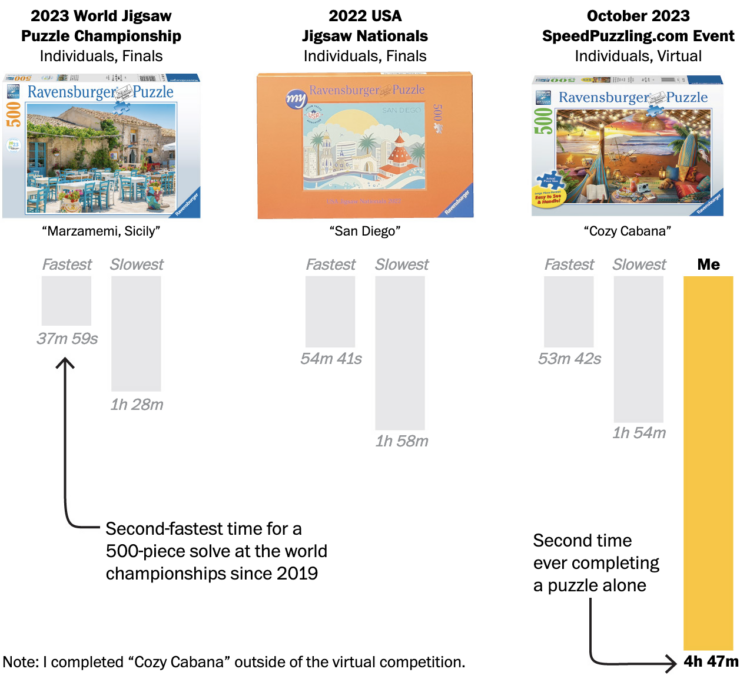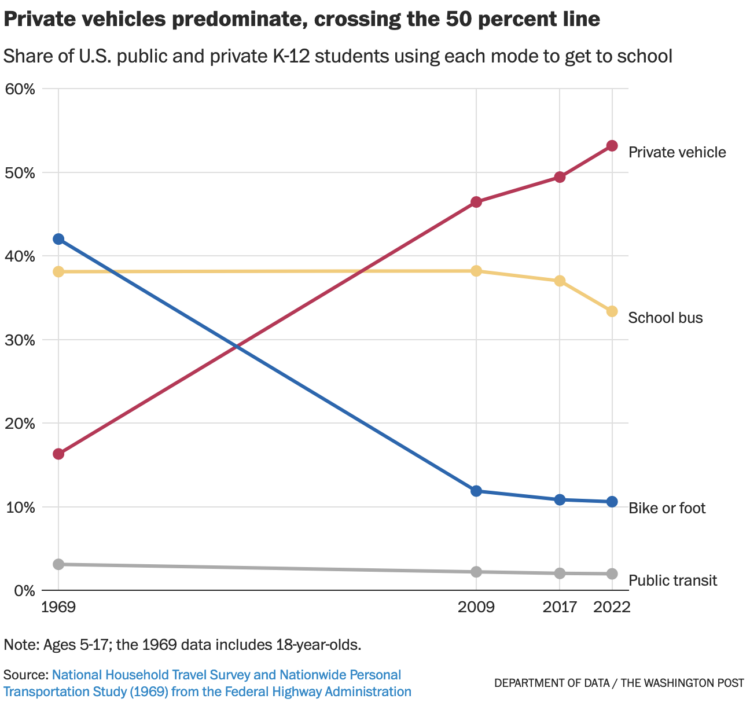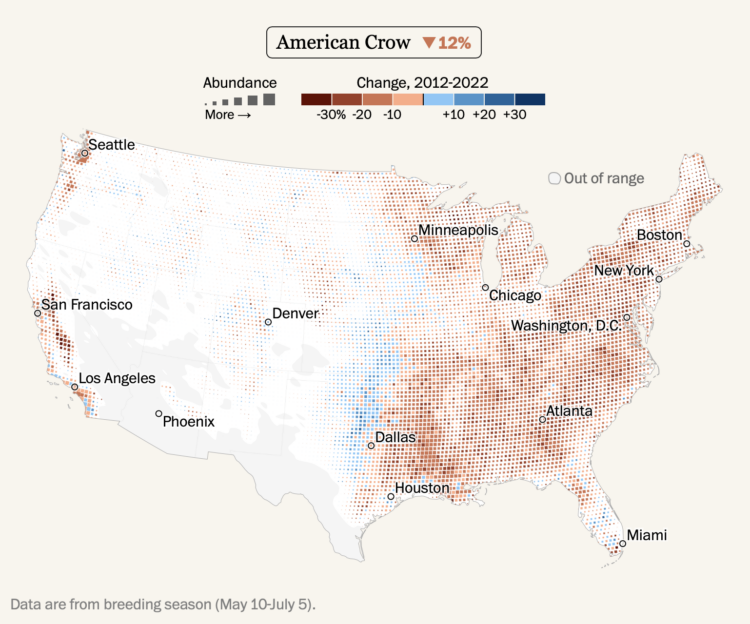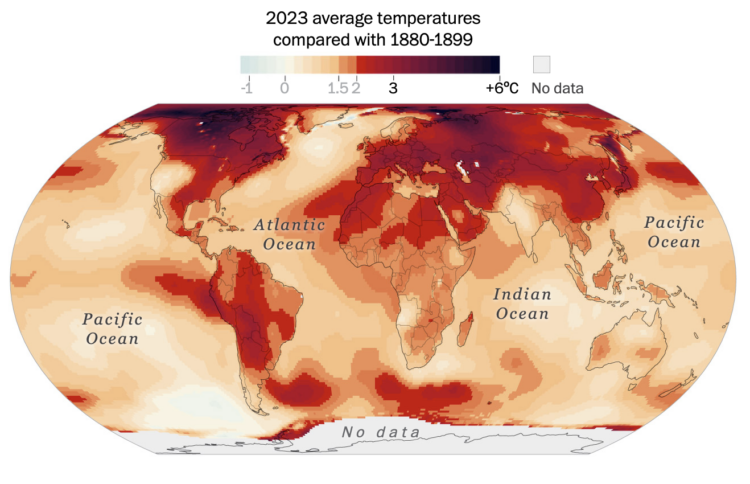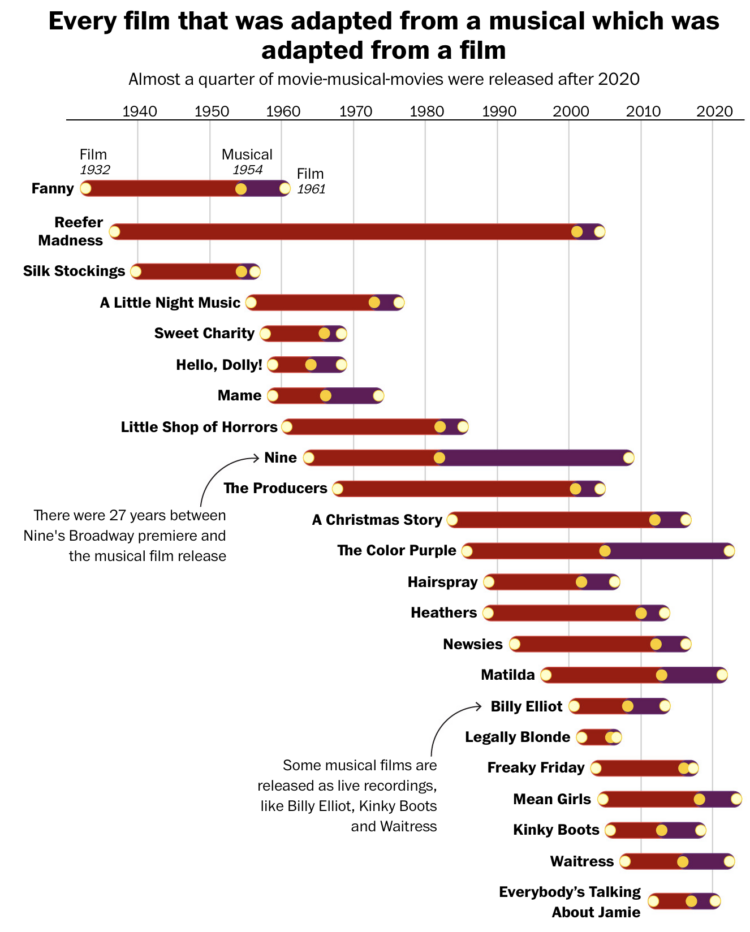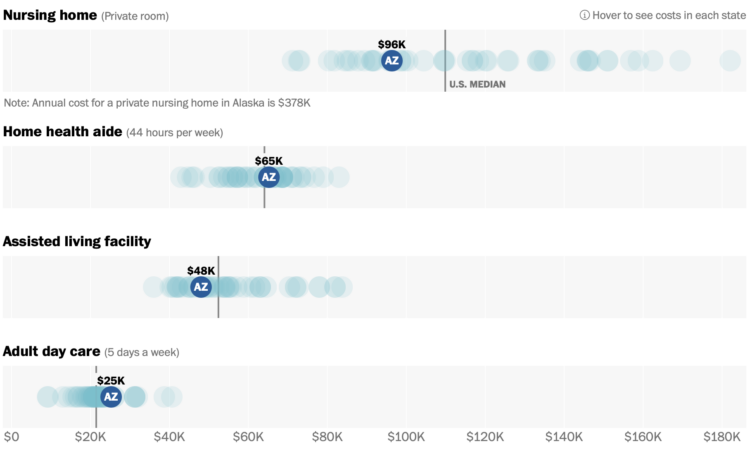NatureQuant processes and analyzes satellite imagery to quantify people’s access to nature. They call it a NatureScore. For the Washington Post, Harry Stevens mapped and charted the scores across the United States. At first glance, the map looks a lot like population density, but the better comparison is in how cities with similar population densities look next to each other.
Tags: cities, nature, NatureQuant, satellite imagery, Washington Post




